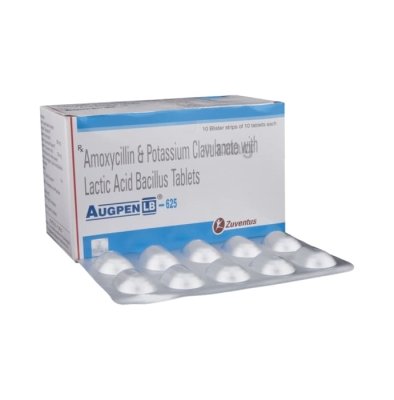Fenoclav LB-625 mg Tablet 6's
MRP ₹129
(Inclusive of all Taxes)
₹19.4 Cashback (15%)
Extra 10% Off with Bank Offers
Provide Delivery Location
Non returnable*
COD available
Online payment accepted
 Prescription drug
Prescription drugWhats That
Manufacturer/Marketer :
Finnmed Biotech Pvt Ltd
Consume Type :
Oral
Expires on or after :
Return Policy :
Not Returnable
All Substitutes & Brand Comparisons
RX
Out of StockBeamsclav-LB Tablet
₹126
(₹18.9 per unit)
2% CHEAPERRX
Out of StockEnoxy CV LB 500mg/125mg Tablet
₹131
(₹19.65 per unit)
1% COSTLIERRX
Augpen LB 625 Tablet 10's
Zuventus Healthcare Ltd
₹231.5
(₹20.84 per unit)
7% COSTLIER
FAQs

Have a query?
Buy Now
Add to Cart







